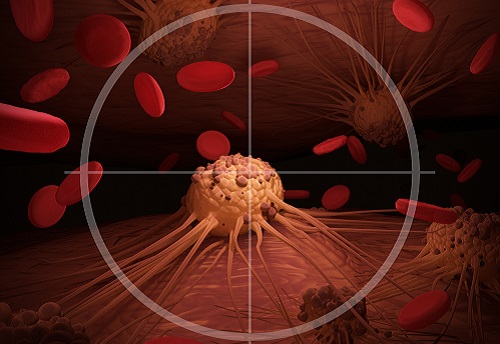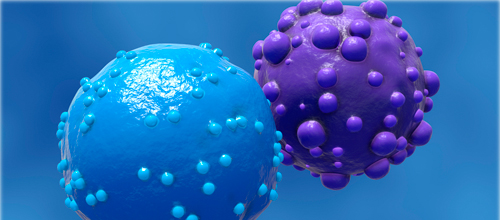July 1, 2017 (Medical News Today)
The cancer drug, rituximab, is not a chemotherapy, but a monoclonal antibody therapy that uses antibodies which stick to specific cells or proteins and activate a patient’s immune system to attack them.
Precisely, this drug is an antibody against protein CD20, which is most often found on the surface of immune B cells, and therefore useful in treating cancers that mainly affect immune cells. Rituximab’s primary goal is to trigger cancer cell death, or apoptosis, but unfortunately, it is not effective for everyone. In some people, it does not achieve apoptosis.
Researchers believe a molecule called regulator soluble complement factor H (CFH) is to blame for this potentially deadly miss – in some individuals, CFH protects cancer cells from apoptosis.
To determine if an antibody to CFH would make rituximab more effective in patients who were naturally resistant to it, researchers tested the leukemia cells of 11 patients for rituximab resistance. Ten of the 11 patients deemed unresponsive to the treatment.
Fortunately, though, researchers have discovered that adding CFH antibody to rituximab demonstrated significant apoptosis in five of the 11 patients. It appears this combination treatment switches off cancer’s shielding mechanisms from the immune system. After CFH was added to rituximab, patients who were previously rituximab resistant became rituximab sensitive.
This study is among many demonstrating how capable tumors are of acquiring methods to escape immune system detection and are usually not responsive to just one therapy. A greater understanding of these resistance mechanisms will be very beneficial to the advancement of more effective cancer therapies.




